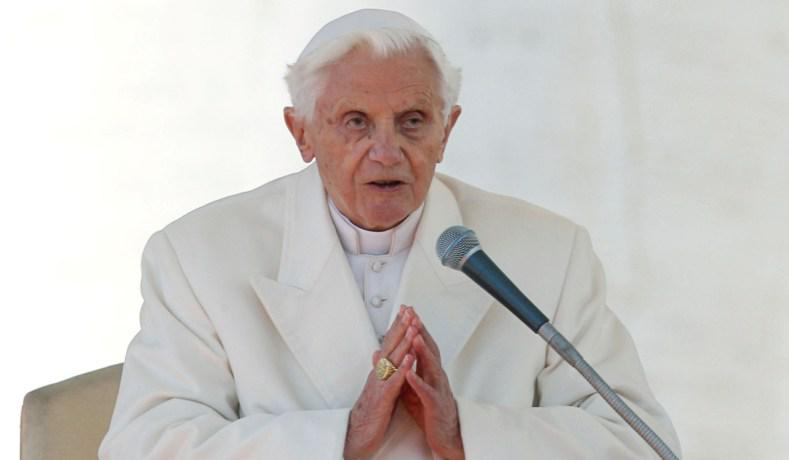|
The Atlantic’s Commentary on Pope Benedict’s Letter Is Not Its Best Work
By Nicholas Frankovich
Rachel Donadio at The Atlantic weighs in on the long letter that Benedict, the pope emeritus, recently published on the sex-abuse scandals in the Catholic Church. “Benedict said the crisis became most acute in the second half of the 1980s,” she writes. “This is not quite the case.” Why? Because, she reasons, the public record includes allegations of sexual abuse that occurred both before and after the 1980s. Either Donadio is not a careful thinker or she is and she’s trying to steal second base. “Became most acute in” doesn’t mean “is unknown to have existed before or after.” Here’s what Benedict wrote:
That sounds about right. According to CARA (Center for Applied Research in the Apostolate), a unit of Georgetown University, cases of clerical sexual abuse alleged to have occurred in 1960–64 were nearly double the number for the preceding five-year period, 1955–59. The numbers continued to rise through the mid 1970s, at which point they plateaued before falling significantly in the period 1980–84. Then they began to plummet. The numbers for the period since 2000 are about 5 percent of what they were at the height of the crisis, in 1970–74. Benedict’s account is consistent with that data. The National Catholic Reporter began covering the issue in the early 1980s, and in 1985 the case of a Louisiana priest who pleaded guilty to eleven counts of molestation became national news. Just as the problem in the United States was being exposed by the press, the number of allegations here began to decline. Whether that decline can be attributed to the media coverage or was mere coincidence, who can say. In any case, as Benedict notes, the problem had become “a public issue in the U.S.” earlier than elsewhere. It’s plausible that it took the Church elsewhere a few years longer, until the later 1980s, for the scale of the scandals to sink in. The heart of Donadio’s article is a criticism of Benedict’s view that much of the crisis in the Church can be attributed to the sexual revolution begun in the 1960s. His interpretation of the matter is by no means original. He doesn’t pretend otherwise. Again, the data for the United States are clear: The incidence of alleged abuse spiked in the 1960s, peaked in the 1970s, and began to decline only after it became a news item in the 1980s. Correlation does not imply causation but may suggest it. Benedict’s reference to a fear of pornography-induced violence on commercial flights strikes me as mysterious, as it does Donadio, but unlike her I find his overall discussion of the rapid change in sexual mores in the Western world beginning in the 1960s to be sound. For centuries the consensus in the West had been that sex outside marriage was illicit. That understanding evaporated overnight. The old limit on sexual activity had always been transgressed, but those who transgressed it paid it the traditional tribute that is hypocrisy, and then suddenly they didn’t. At this point, few Americans have experienced adulthood both before and after the introduction of oral contraceptives to the U.S. market in 1960. Benedict is an increasingly rare witness of the accompanying social change that swept Europe and America simultaneously. He knows some things that you don’t if you’re under 70. Donadio takes a swipe at Benedict for asserting that “ultimately” the reason that pedophilia reached such proportions was “the absence of God.” Donadio, writing that perhaps “human agency was also to blame for a crisis in which priests abused minors and dioceses covered up the abuse,” implies that Benedict denies or tries to dodge the culpability of priests and Church officials, but he doesn’t. He dwells on it. He’s said to have an Augustinian streak, which these days Reformed Protestants may appreciate more than some Catholics do. The idea is that, since the Fall, our will is bent toward sin and corrected only by the restraining hand of a loving God. Banish Him at your own risk.
|
.
Any original material on these pages is copyright © BishopAccountability.org 2004. Reproduce freely with attribution.
